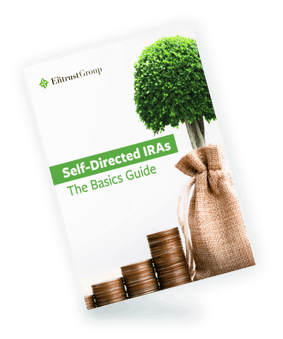For over 40 years, The Entrust Group has empowered investors to take control of their retirement portfolios with self-directed IRAs. Now, we’re ready to invest in your career. Whether you’re a financial advisor, investment issuer, or other financial professional, explore how SDIRAs can become a powerful asset to grow your business and achieve your professional goals.
For 40 years, The Entrust Group has provided account administration services for self-directed retirement and tax-advantaged plans. Entrust can assist you in purchasing alternative investments with your retirement funds, and administer the buying and selling of assets that are typically unavailable through banks and brokerage firms.
















